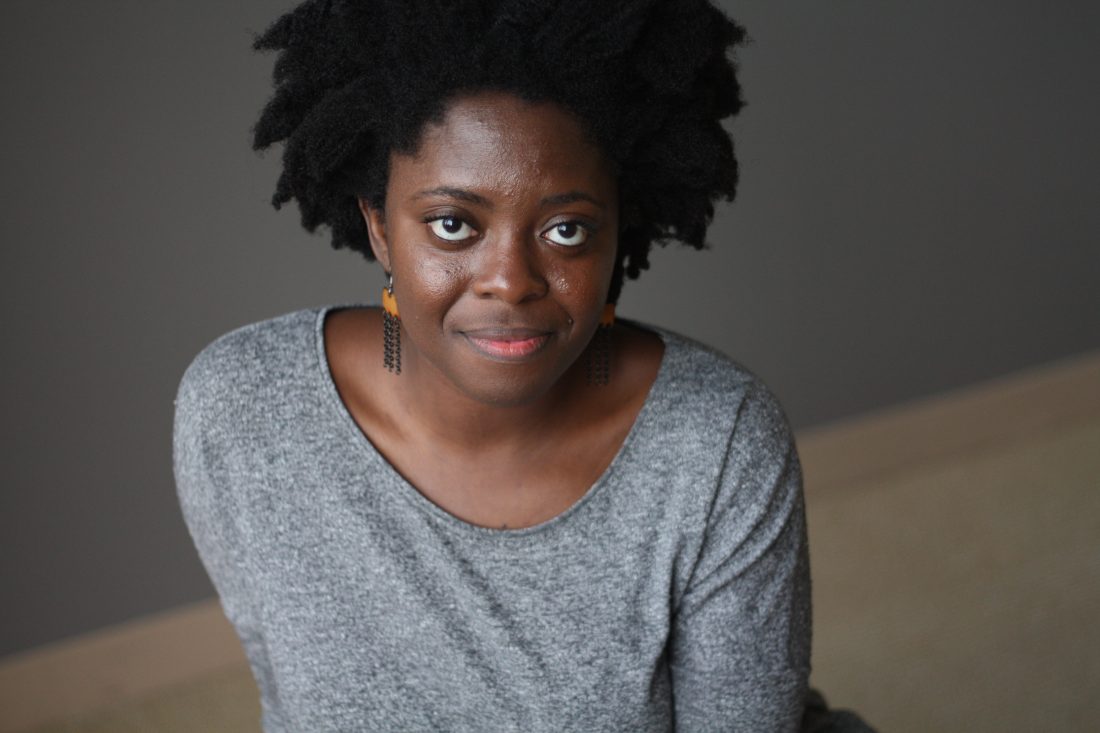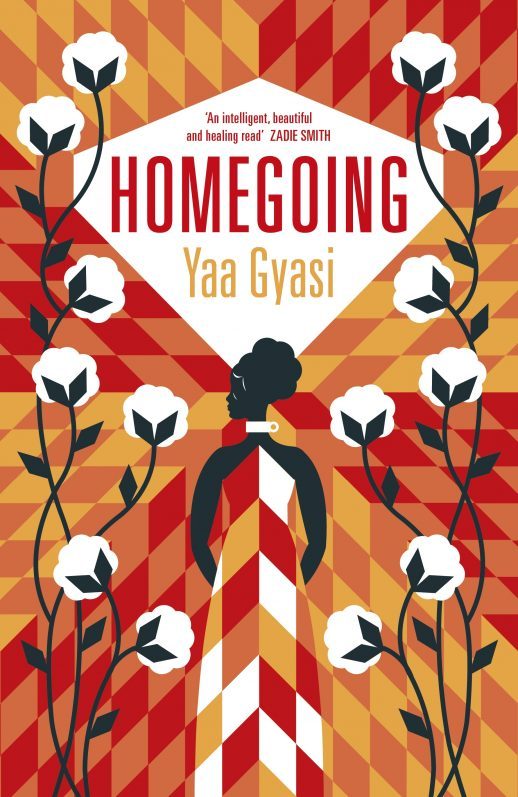Two sisters, Effia and Esi, are separated; one sold into slavery, the other a slave trader’s wife.
Set between Ghana and the United States, author Yaa Gyasi depicts the legacy of slavery in her debut novel, Homegoing.
The consequences of each sister’s destiny weigh on their future generations as readers embark on an emotional rollercoaster through the issues of slavery, where the author confronts us with the reality and immorality of Africans involved in the enslavement of their own.

Born in Ghana, Yaa Gyasi moved to the United States at a very young age, where she studied creative writing and English at Stanford University and the University of Iowa.
The idea for Homegoing came to her during a trip to Ghana’s Cape Coast Castle, the notorious edifice which served as a prison for slaves.
Gyasi decided to recount the facts and the horrors of the situation in present time and through the relationship between two women.
During an interview with The Guardian, Gyasi said:
“The longer I worked, the more interested I became in being able to watch time as it moved, watch slavery and colonialism and their effect – I wanted to see the through-line.”
 Homegoing is not only a fictional story based on the slavery of the 18th century, it is also a chronology of the evolution of traumatic historical events and how they still affect us now.
Homegoing is not only a fictional story based on the slavery of the 18th century, it is also a chronology of the evolution of traumatic historical events and how they still affect us now.
“Slavery is something that we have not gotten over, it is on people’s minds and it affects us still.”
The story raises the question of identity and how the women identify themselves as events tear them apart and they are distanced from their country.
Having had the opportunity to move around the States, Gyasi observed real differences in places in America and the influence they have on people’s ideologies.
Her own experiences likely gave flavour to her book. Being an immigrant gave Gyasi a different perspective on what it meant to be “black” as the term had different connotations when she visited Ghana than her experience in America.
“It took me a long time to realise that… the word “black” can seem to generalise everything.”
This book does a stellar job of amplifying the voices of those who were once silenced, bringing their epic stories to life once more.












